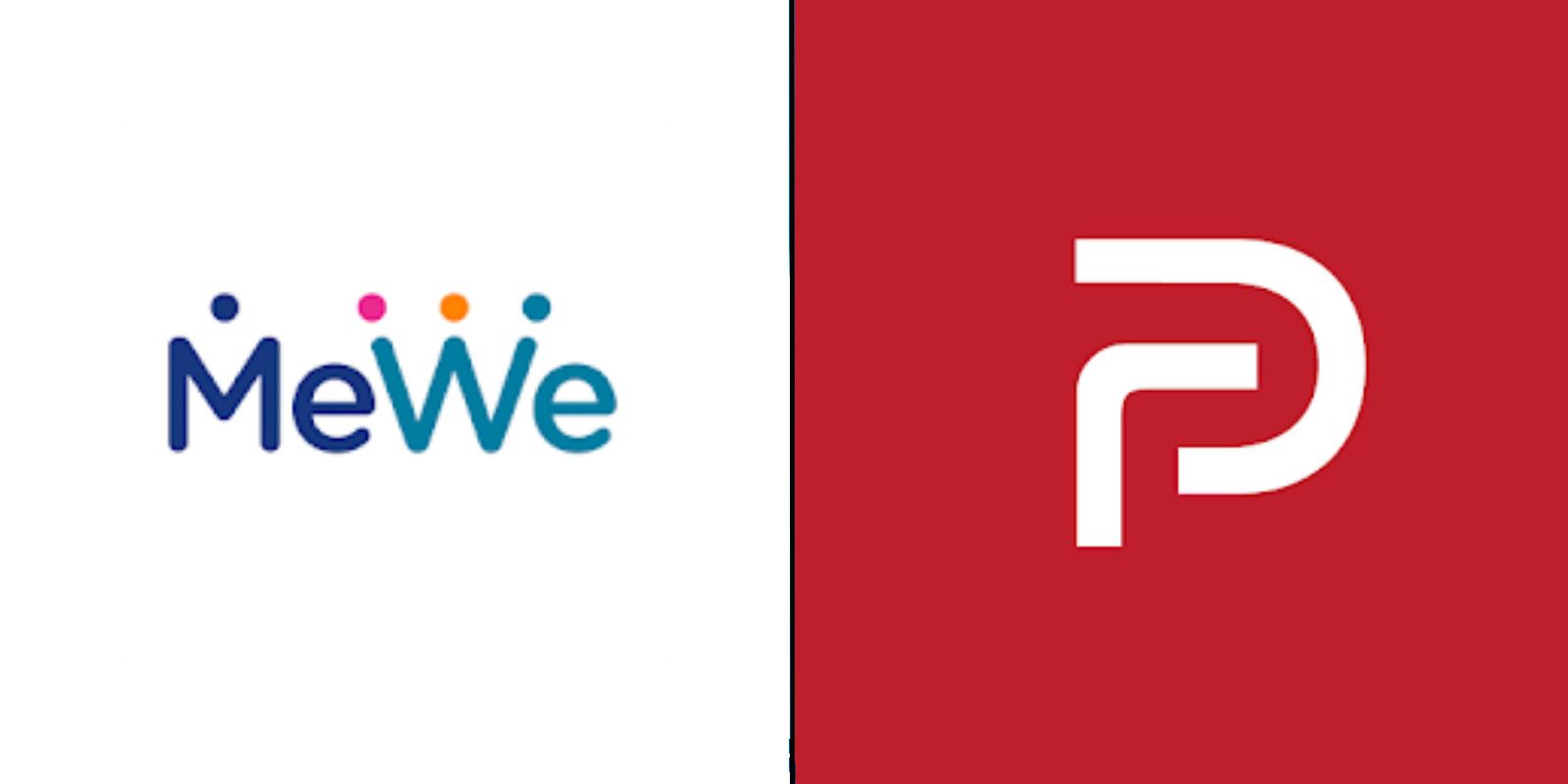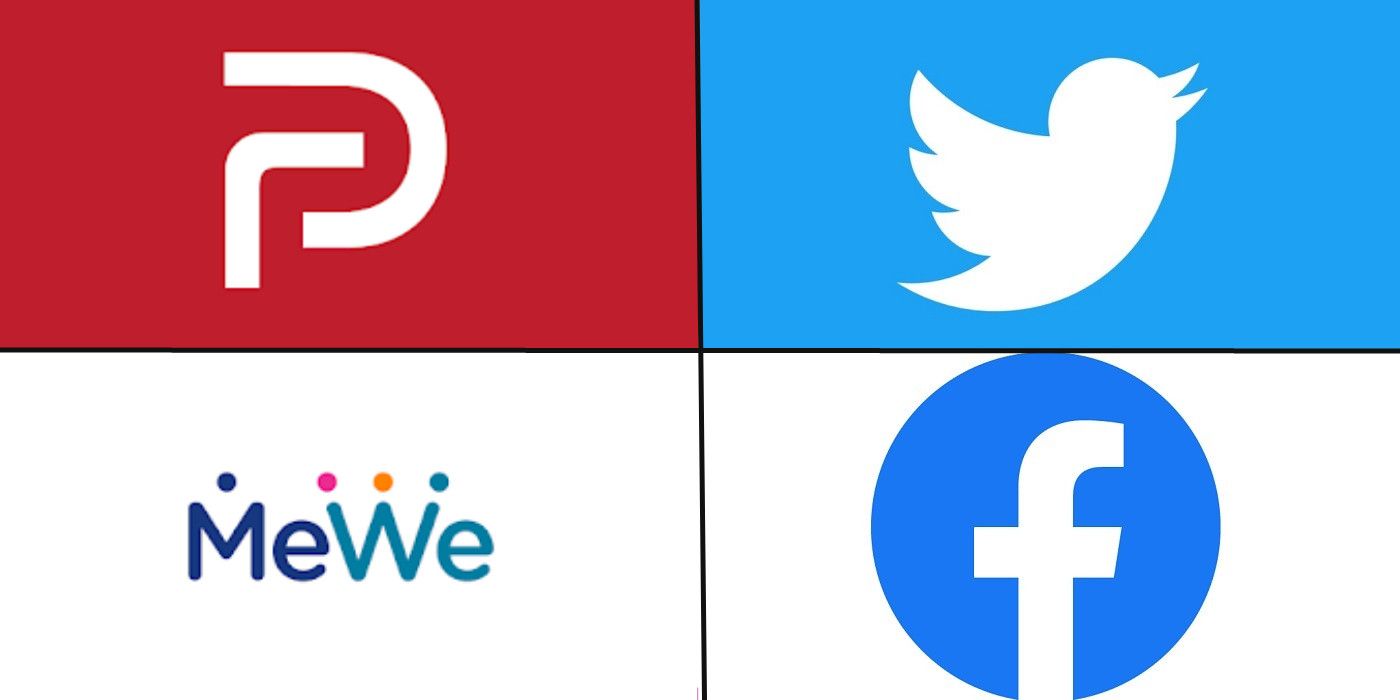Individuals upset with Twitter and Facebook are turning to alternatives like Parler and MeWe because of fewer restrictions and more control over their content. While both platforms are conservative-friendly, they appeal to different groups of people. The decision to sign up for one or the other can be based on whether a new user wants freedom or control on social media.
Politics is having a significant impact on social media platforms, with conservative individuals accusing platforms of censoring their voices. People associated with controversial groups like Qanon are being banned on Facebook, while Twitter is labeling some tweets if they are deemed to be providing misleading information. The alternative to Twitter to which many such users are turning, Parler, was founded in 2018 with the First Amendment used as a guide on how to moderate the platform. Officially launched in 2012, meanwhile, MeWe is attracting Facebook users because it does not run ads or manipulate newsfeeds, having been conceived as a 'privacy-first' platform.
As social media outlets, Parler and MeWe have a few things in common besides a similar user demographic. In fact, both have communities in which people can interact. Individuals who sign up for MeWe can join groups about games, entertainment, pets, and so on. On Parler, members can follow hashtags to navigate what is trending or find specific topics they want to contribute to. Both platforms give people the ability to react, and, like Facebook, MeWe offers a variety of responses.
How Are They Different
MeWe is actively against ads and manipulation, while Parler's privacy policy shows that the company will not sell member’s information to third parties unless there are certain circumstances. These circumstances include using information for marketing and relevant advertising that may target members. MeWe explicitly believes that targeted third-party ads are creepy, but its privacy policy allows people to link to third-party websites. It also offers an extra protection by keeping accounts private when shared. Like Parler, MeWe is against political bias, but its main concern is with privacy and it openly calls out Facebook for concerning business practices.
Parler’s roots are political ones, especially considering right-wing individuals are making the Twitter alternative their home. Members are typically verified to prove that the person creating a post is authentic, but there are parody and joke accounts. The platform is steadily growing users, so there is an increasing possibility of individual content going viral. On that note, a member’s post, or Parley, will show views on top of votes, echoes, and comments. Parler is openly documenting traffic a post receives unlike MeWe, where individuals have more control over who can see posts. Contributing to Parler is also free, while MeWe has in-app purchases to get emojis and journals, which bundle a user’s story.
While both platforms are growing in numbers as new members seek refuge from their main competitors, Parler and MeWe are not necessarily for the same audience. Users on Parler are typically on the same page and create an echo chamber, but on MeWe, people have set rules in community pages to keep people on the topic. Basically, the Facebook alternative is more structured and encourages a variety of posts with a wider range of topics. MeWe’s terms of service also show that the platform will moderate accounts that can be disruptive and mislead others, which is something Parler is not likely to do unless it violates the law or is spam. Overall, the alternatives take different approaches to solving common complaints about Twitter and Facebook.


